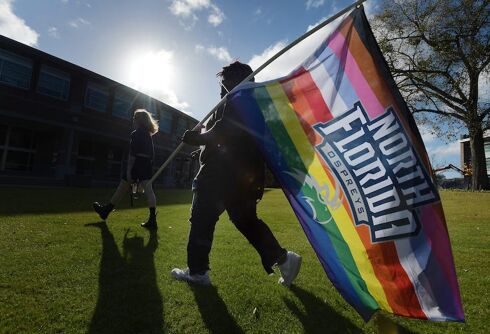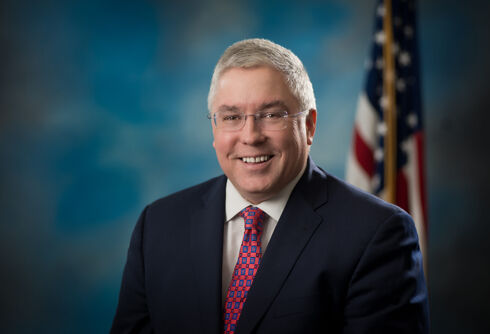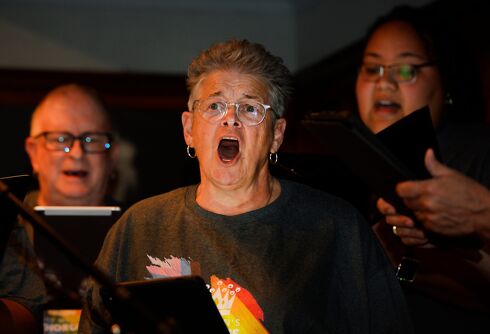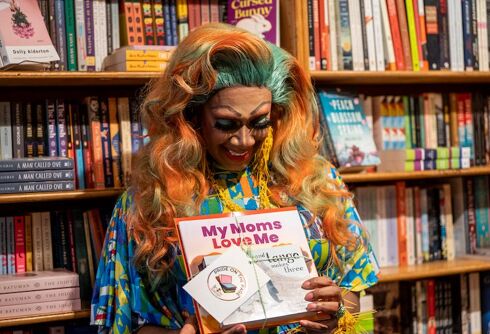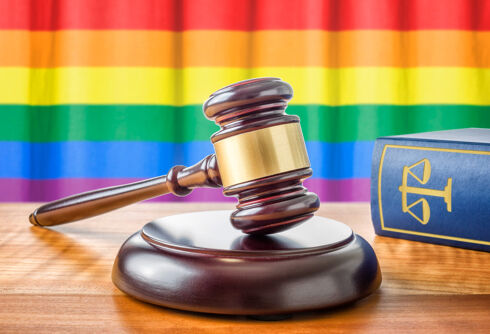BRIGHTON, Colo. — Colorado’s same-sex marriage ban appeared to be on thin ice Monday after a judge considering two lawsuits against the law pointed out that 15 other judges have recently struck down similar bans in other states.
Those rulings followed the U.S. Supreme Court decision last year ordering the federal government to recognize same-sex marriages approved by states, District Court Judge C. Scott Crabtree said at a hearing.
 A lawyer from the Colorado attorney general’s office, which is defending the ban, argued that the justices’ ruling has been misread, to which Crabtree replied, “They got it all wrong?”
A lawyer from the Colorado attorney general’s office, which is defending the ban, argued that the justices’ ruling has been misread, to which Crabtree replied, “They got it all wrong?”
Crabtree was openly skeptical of the state’s arguments that the 2006 voter-approved ban protects the procreative nature of marriage. He mentioned two of his friends who are marrying this summer at age 65.
Never Miss a Beat
Subscribe to our newsletter to stay ahead of the latest LGBTQ+ political news and insights.
“Their marriage is not about having any more kids,” he quipped.
Crabtree heard arguments in lawsuits filed by one couple in Adams County and eight in Denver who are seeking to be recognized as married couples in Colorado. He said he would issue a written decision rather than rule from the bench and noted that his decision will likely be appealed all the way to the Colorado Supreme Court.
Several of the rulings striking down same-sex marriage bans in other states have been put on hold, Crabtree said, suggesting the judge might prevent any ruling from going into effect until appeals are exhausted.
Attorney General John Suthers’ office defied calls by some activists to follow the examples of attorneys general in seven other states who have declined to defend their state prohibitions.
Assistant Solicitor General Michael Francisco warned the judge that no one knows what the true impact could be of overturning the Colorado’s ban.
“It will have real-world consequences,” Francisco said, comparing it to state laws passed 40 years ago making divorce easier.
Article continues below
Ralph Ogden, an attorney representing one of the couples, said the ban “has created two classes of citizens: One can be married, the other cannot.”
But Francisco said Colorado voters have the ability to make that distinction. He told Crabtree that the judges who have struck down gay marriage bans elsewhere are guessing that the U.S. Supreme Court will declare gay marriage a constitutional right, but it is not the job of lower court judges to predict such a ruling.
The two cases are: McDaniel-Miccio v. Colorado and
Brinkman v. Long.
This material may not be published, broadcast, rewritten, or redistributed.





